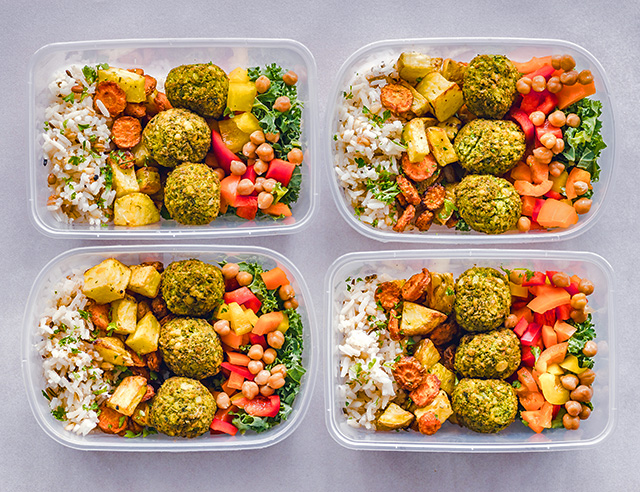What is the Ornish Diet?
Dean Ornish, MD, developed the Ornish diet, which stresses eating nutritious, plant-based, whole foods while reducing animal products and processed meals. It is essentially a vegetarian diet low in fat, processed sugar, and animal protein. This diet, in conjunction with the three pillars of love and support, regular exercise, and stress management, is intended to be a preventative method for reversing cardiac disease and achieving long-term weight loss.
Ornish diet meals should consist mostly of plant-based foods such as vegetables, fruits, whole grains, and legumes. Meat, fish, and poultry are not permitted on this diet; however, dairy products and eggs can be included in meals.
Is the Ornish Diet Healthy?
Ornish nutrition comprises foods with anti-cancer, anti-heart disease, and anti-aging properties. The diet should activate protective genes while suppressing those that promote inflammation, oxidative stress, and oncogenes that promote prostate cancer, breast cancer, and colon cancer. Unlike most fad diets, research up to this point has shown that the Ornish diet is healthy as it has lower markers for cardio-metabolic risk, likely as a result of the reduced fat intake. This diet has been shown to aid with weight loss as well, and while it is not a calorie-counting diet, it allows one room to control portions and consume even fewer calories.
What you should keep in mind:
- Eat plants, such as fruits and vegetables, whole grains, legumes, and soy primarily, and avoid processed carbohydrates like white flour, white rice, and sugar.
- Have up to two servings of non-fat dairy products per day.
- Limit your alcohol consumption to one serving per day if necessary.
- Limit your daily cholesterol intake to no more than 10 mg.
- Eliminate caffeine.
- Fish is avoided due to animal protein, saturated fat, pollutants, and, in certain circumstances, cholesterol. It also displaces nutrients that help prevent heart disease. Therefore, no animal products except for dairy and eggs.
Example Ornish Diet Day Menu
Ornish meals do not need to be complicated and can even be made using ingredients that can all be found on the Woolworths Catalogue. Below is an example of such a meal:
Breakfast: Egg white and vegetable frittata, garlic-roasted potatoes, 1 cup fresh strawberries.
Snack: Green Smoothie with Pineapple and Mint.
Lunch: Sandwich with hummus and vegetables on whole-grain bread, apple
Snack: 5 roasted almonds
Dinner: A leafy green salad with spinach, mushroom lasagne, roasted asparagus, and cocoa truffle dessert.
 Ornish diet meals consist mostly of plant-based foods such as vegetables, fruits, whole grains, and legumes
Ornish diet meals consist mostly of plant-based foods such as vegetables, fruits, whole grains, and legumesOrnish diet food items to keep in your pantry
- Whole grains (cereal, quinoa, buckwheat, barley, millet)
- Legumes and Soy Products (dried peas, dried beans, legume meat alternatives, tofu, dry-roasted soy nuts, soybeans, and soymilk)
- Non-Fat Milk Products (fat-free milk, fat-free yoghurt, fat-free cottage cheese, fat-free cheese, fat-free sour cream, and fat-free cream cheese)
- Dried or canned fruits with no added oils and preservatives
- Eggs
- Fresh fruits
- Seeds
- Vegetables
- Hummus
The idea of the Ornish diet is to make information and alternatives available to allow people to make educated decisions. The focus is not always on food, but also on how and when you eat food. The food categories are classified from healthiest to least healthy, with the healthiest being fruits and vegetables, whole grains, legumes, soy products, and nonfat dairy, and the least nutritious being refined carbohydrates and sugar-loaded processed and packaged foods. The Ornish diet encourages people to consume more healthful foods, especially if they wish to slow the onset of chronic illness.
Related Pages
- Guide to Analyzing Diets
- Can you be Vegetarian and Healthy?
- Comparison of diets — a complete list
- The Vegetarian Athletes Cookbook
- Weight loss advice
- Eating for Health


 Current Events
Current Events